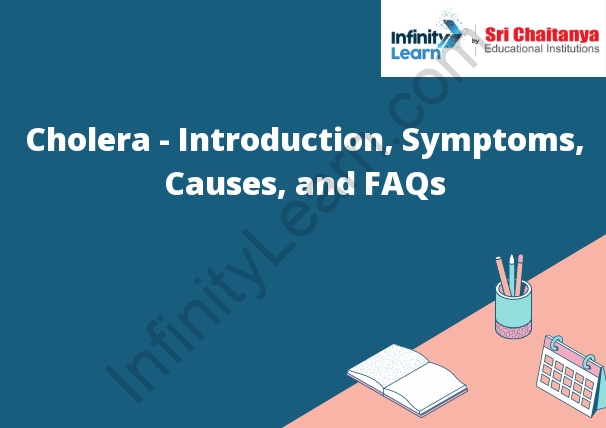Table of Contents
Introduction to Diseases;
A disease is a condition of the body or mind that interferes with normal functioning. Diseases can be caused by environmental factors, such as exposure to radiation, or by infectious agents, such as viruses or bacteria. Other causes of disease include genetic disorders and physical or emotional stress.

Types of Diseases:
There are many different types of diseases that can affect a person. Some diseases are caused by a virus, while others are caused by bacteria. Some diseases are hereditary, while others are caused by environmental factors.
Classification of Diseases on the Basis of Duration:
There are many ways to classify diseases on the basis of duration. One way is to classify them as acute, chronic, or recurrent. Acute diseases are those that develop suddenly and last for a short time. Chronic diseases are those that develop slowly over a long period of time and last for a long time. Recurrent diseases are those that keep coming back.
Cholera:
Cholera is an acute diarrheal illness caused by the bacterium Vibrio cholerae. The disease is often mild or without symptoms, but in severe cases it can lead to dehydration and death. Cholera is most commonly spread through contaminated water or food, but can also be spread through close contact with a person who is infected.
Cholera is diagnosed by identifying the bacterium in a stool sample. Treatment includes rehydration with fluids and antibiotics. Prevention of cholera includes improved sanitation and hygiene, and access to clean water.
About Cholera Bacteria:
Cholera bacteria is a gram-negative, rod-shaped bacterium that can cause severe diarrhea and vomiting. The bacterium is found in water and soil and can contaminate food and drink. It is most commonly spread through contact with contaminated feces, but can also be spread through contact with contaminated water or food. Cholera bacteria can also be spread through close contact with an infected person, such as during sexual contact or caring for an infected person. Cholera is a serious disease and can be fatal if not treated. Symptoms of cholera include watery diarrhea, vomiting, and leg cramps. Treatment for cholera includes antibiotics and fluids to rehydrate the body.
Symptoms of Cholera:
The symptoms of cholera are watery diarrhea, nausea, vomiting, and leg cramps. The diarrhea can be so severe that it causes dehydration and can lead to death.
Causes of Cholera:
Cholera is a water-borne bacterial disease that causes severe diarrhea and dehydration. The main cause of cholera is ingestion of food or water contaminated with the bacterium Vibrio cholerae. Other causes of cholera include poor sanitary conditions and lack of access to clean water.
Preventative Measures:
To prevent the spread of whooping cough, the following measures should be taken:
-Cover your nose and mouth when you sneeze and cough
-Wash your hands regularly
-Stay home if you are feeling sick
-Make sure your vaccinations are up to date





